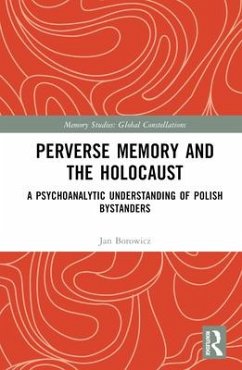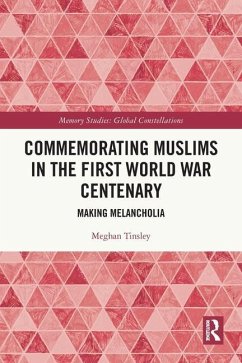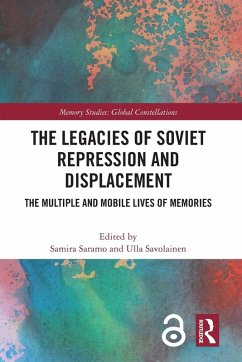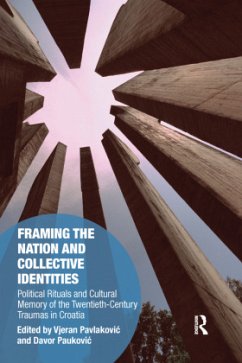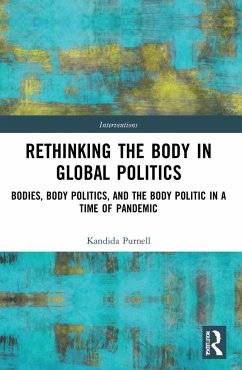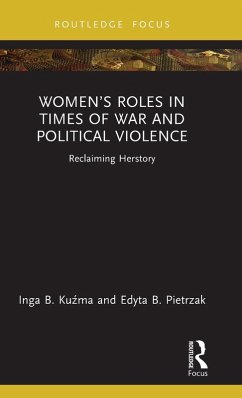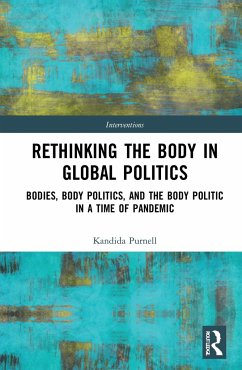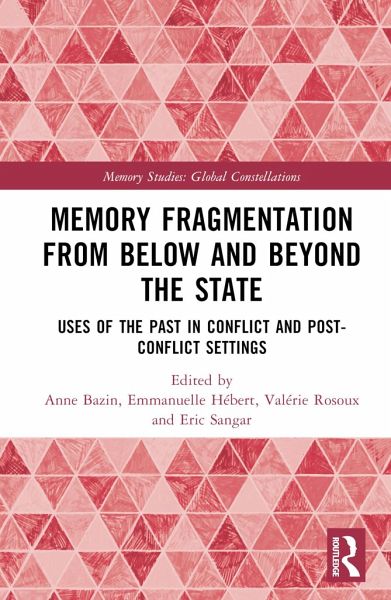
Memory Fragmentation from Below and Beyond the State
Uses of the Past in Conflict and Post-conflict Settings
Herausgeber: Bazin, Anne; Rosoux, Valérie; Hébert, Emmanuelle
Versandkostenfrei!
Versandfertig in 1-2 Wochen
149,99 €
inkl. MwSt.

PAYBACK Punkte
75 °P sammeln!
This volume suggests a model of collective memory that distinguishes between two conceptual logics of memory fragmentation, vertical fragmentation and horizontal fragmentation.




